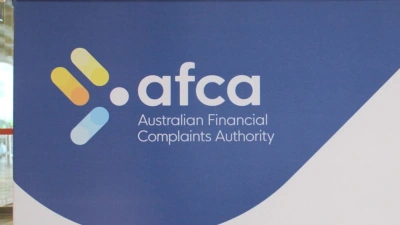FPA Dealer Principal Conference – Exit plan adds value
The difference in valuation between an average financial planning business and a premium business can vary by up to $370,000 depending on a number of factors, says MGI Meyrick Webster senior partner Bob Neill.
His accountancy practice has recently valued a number of financial planning firms to allow succession plans to come into force.
"We see a lot of small, fragmented businesses that have strong goodwill based on an individual," he says.
When his practice values planning firms, it looks at turnover, profit and capital base, the same principles for valuing any firm.
The differences with planning firms are factors such as geographical location, business structure, funds under management and brand names.
"If the business has a managed style that ensures procedures are repeatable and transparent, then we have a marketable business," Neill says.
"And if we have a turnkey operation, the business is a significantly more valuable asset."
A growing threat to financial planning practice valuations is litigation. Neill admits that industry regulations are making the planner more liable and litigation is inevitable in the future.
Other factors affecting the valuation include client demographics, income streams and the fact that fees are better than commissions. Automation of the practice leads to more efficiency and the staff is also considered.
Neill quoted a case study of an average financial planning firm with a turnover of $1 million and $300,000 profits. The practice had $75 million of funds under administration.
The value range of this business would be between $1.296 million and $1.386 million.
If the same figures were applied to a premium financial planning firm, the value would be between $1.665 million and $1.758 million.
To achieve the higher valuation Neill recommends principals start thinking about the method of disposing of the company four to five years ahead.
"This timescale will allow the principal to achieve their valuation goal through understanding the factors that influence the value of the practice," he says.
Recommended for you
ASIC’s court case with Interprac is causing advisers to explore the possibility of self-licensing, according to My Dealer Services, as they observe the reputational damage it can bring to a practice.
AZ NGA has entered a strategic partnership with a Sydney advice firm with $600 million in assets under advice to support its succession plans and future growth.
With complaints on the rise and an expanded jurisdiction, the Australian Financial Complaints Authority is on the hunt for four C-suite roles, three of which are newly-created positions.
Ahead of the 1 January 2026 education deadline for advisers, ASIC has issued its ‘final warning’ to the industry, reporting that more than 2,300 relevant providers could be on their way out.










